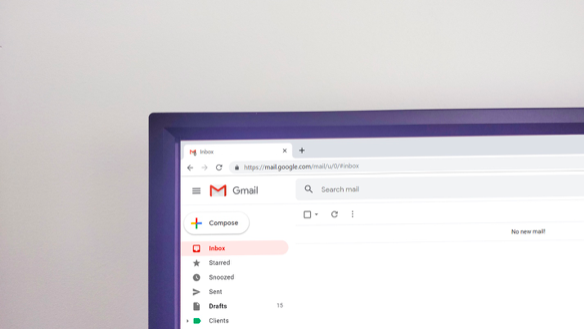© Copyright 2023 Michigan Institute of Real Estate All rights reserved powered by https://myrealestateschool.com
Tips
GeneralNewsSalespersonTips
Increase Your Sales by Getting Rid of Selling
Real Estate agents live and die by their ability to make sales. This means a lot of people will do whatever it takes...
ByKevin GeorgeApril 27, 2019
GeneralTips
10 Staging Tips for First-Time Realtors
There’s much more to real estate than listing a home on the MLS and letting it ride. Which is why continuing education is...
ByKevin GeorgeFebruary 11, 2019
Tips
7 Things Real Estate Agents Forget About When Branding
Realtors are consistently seeking for ways to become better marketers. Whether you just got your real estate license or you’re an expert in...
ByKevin GeorgeJanuary 29, 2019
GeneralTips
6 Motivational Quotes Every Real Estate Investor Should Live By
Let’s face it. We all compare ourselves to each other in one way or another and we’re usually our toughest critic. We’re hard...
ByKevin GeorgeJanuary 21, 2019










